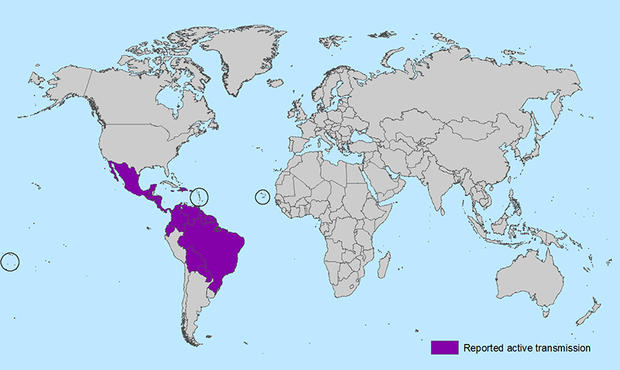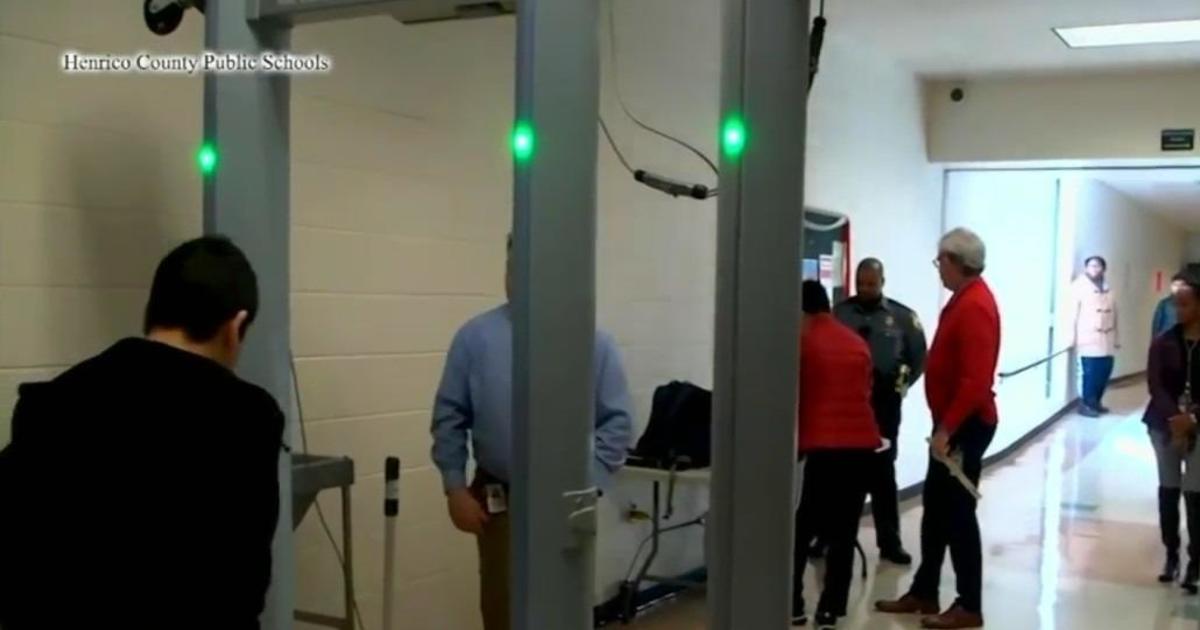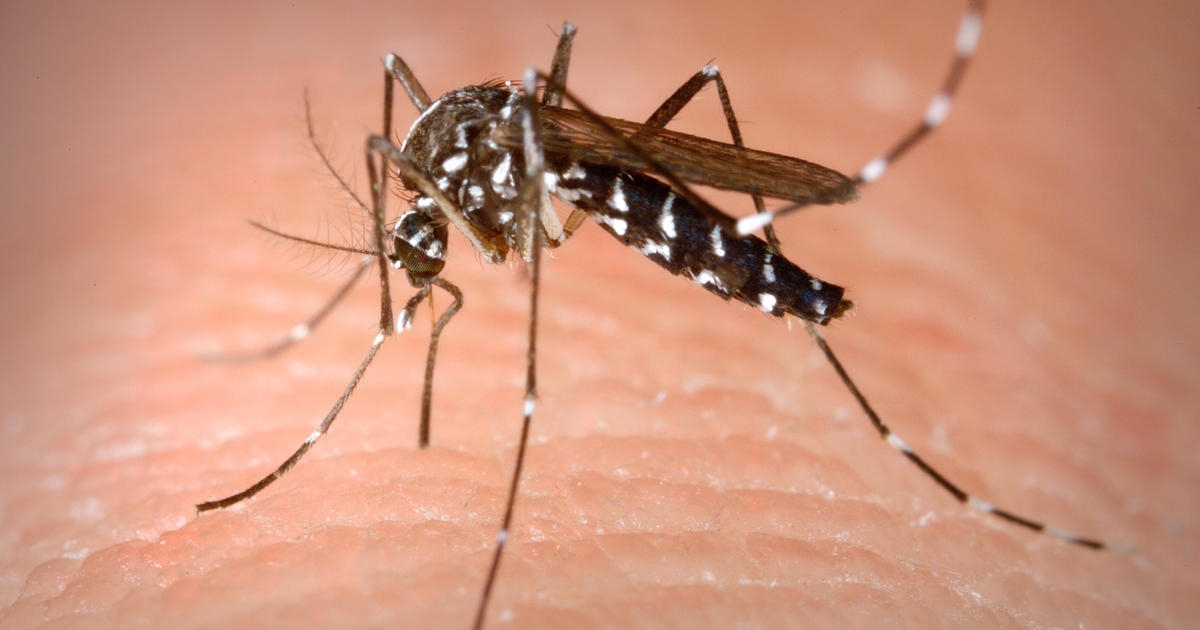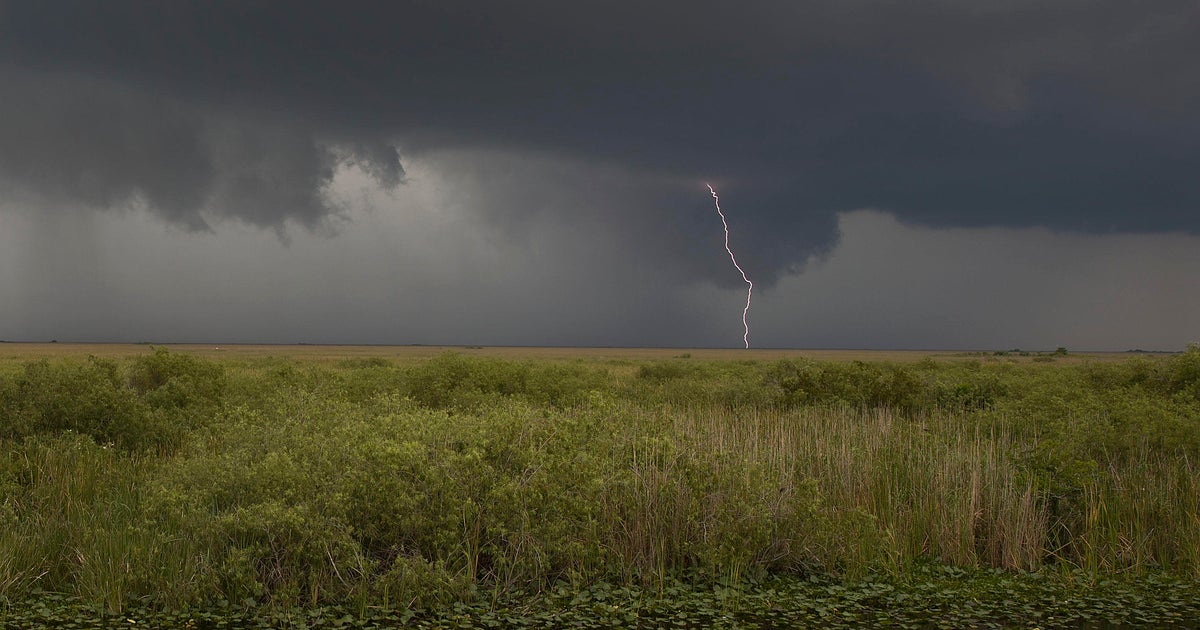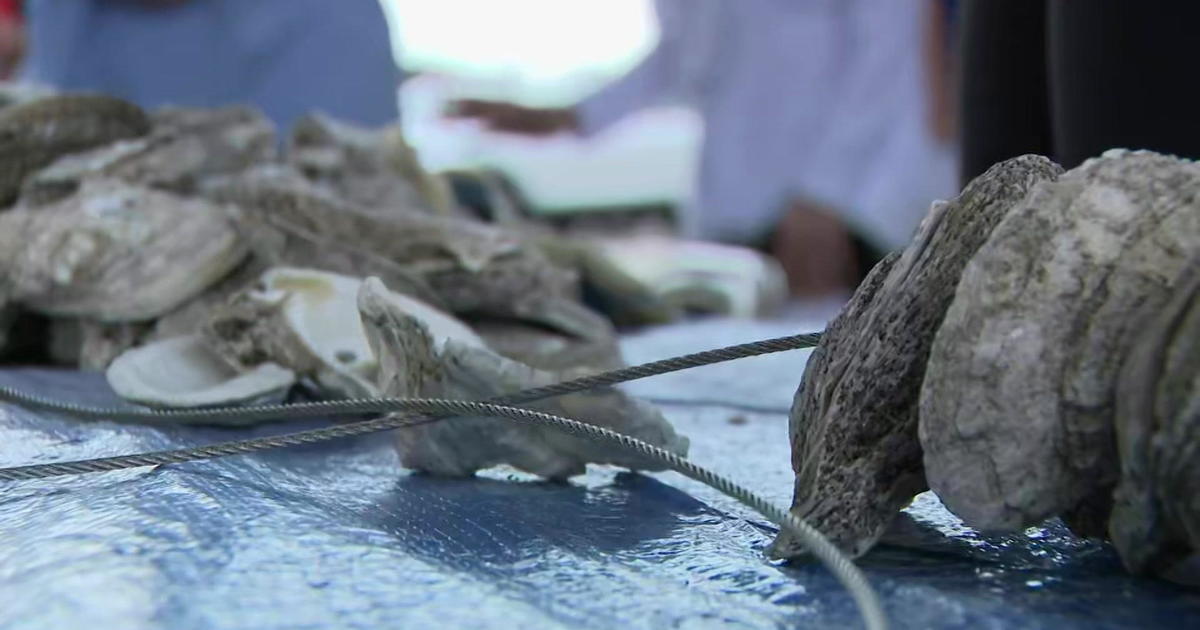Broward Emergency, Health Officials Talk Zika Preps & Prevention
Follow CBSMIAMI.COM: Facebook | Twitter
MIAMI (CBSMiami) -- Broward Emergency Management and health officials held a meeting to talk about Zika prevention and preparedness.
Broward took the lead in getting health and emergency leaders from other cities on the same page Tuesday when it comes to the virus outbreak. They broke things down, explaining the virus, what it is, how it spreads, its symptoms and how to keep it from exploding in South Florida.
At the special meeting, experts pointed out we actually have it pretty good in South Florida with mosquito control year-round.
Experts said the key is spraying and clearing even the smallest pooling.
"That's by killing the larvae at the source. Number one keeping the water from allowing the larvae to hatch and the larvae to breed and putting briquettes in storm drains and standing water areas," said Broward County Public Works Director Anh Ton told CBS4's Donna Rapado.
Understanding the symptoms is also key.
The virus remains incubated between two days and two weeks. Only 1 in 5 people infected with the virus show symptoms which are usually mild and rarely require the person to be hospitalized.
"The most common symptoms are fever, rash, joint pain, conjunctivitis or red eyes. There also can be muscle ache, headache, pain behind the eyes and vomiting," said Dr. Paula Thaqi with the Florida Department of Health.
The meeting comes as two cases have been reported in Broward County.
In total, Florida, as of Monday, had 16 cases of the Zika virus. All of the cases were not locally acquired - meaning those who have it, got it while traveling.
The Centers for Disease Control and Prevention (CDC) have sent 1,425 Zika antibody tests to Florida at the request of Florida Governor Rick Scott.
Last week, Gov. Scott declared a health emergency in Miami-Dade, Lee, Hillsborough and Santa Rosa counties. As of Tuesday, six cases had been reported in Miami-Dade, two in Lee County, three in Hillsborough and one in Santa Rosa.
Related: Gov. Scott Declares Emergency In Dade Over Zika Virus
On a national scale, President Barack Obama is asking for more than $1.8 billion in emergency funding to battle the spread of the virus.
So far, the virus has spread through parts of the Americas, Pacific Islands and Africa.
The World Health Organization (WHO) considers the virus "a public health emergency of international concern" due to its possible links to a birth defect called microcephaly in which babies are born with small heads and the neurological disorder Guillain-Barré syndrome in which the immune system attacks the nervous system. WHO officials recommended stepped up research to determine a possible causal link between the two.
Related: WHO: Zika's Possible Link With Birth Defect "A Public Health Emergency"
The CDC issued a travel alert warning pregnant women or women trying to get pregnant to avoid traveling to affected countries.
There is no vaccine for the virus but the CDC issued some tips to prevent its spread:
- Use insect repellent that contains things like DEET, picaridin, IR3535, and some oil of lemon eucalyptus and para-menthane-diol products.
- Treat clothing with permethrin.
- Wear long-sleeved shirts and long pants.
- Use air conditioning or windows/door screens to keep mosquitoes out.
- Reduce the amount of mosquitoes inside and outside your home or hotel by emptying standing water from containers.
Click here for more information.
